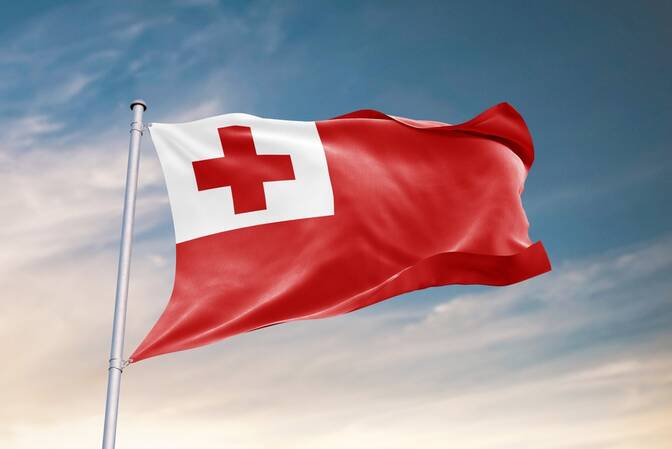Independence Day
June 4, Wednesday

* The abolition of serfdom in 1862 by King George Tupou I
* The full independence from British protectorate status on June 4, 1970
Tonga is the only country in Oceania that was never formally colonized. Since 1900, it was under British protectorate status while maintaining its own monarchy and internal self-government. In 1970, Tonga officially became a sovereign state and joined the Commonwealth of Nations.
How is the holiday celebrated?
Independence Day is a national holiday and is marked by various festivities:
* Parades involving students, military personnel, and representatives of various organizations
* Traditional dances and music performances, including the tau’olunga and the sipi tau
* Lavish festive meals featuring food cooked in earth ovens (umu)
* Religious services expressing gratitude for freedom and independence
* Speeches by the king and members of the royal family, emphasizing the importance of national unity and cultural heritage
Celebrations take place across the country, including the capital Nuku’alofa and other islands of the kingdom.
Historical significance
Tonga’s Independence Day symbolizes the people’s pursuit of freedom, equality, and the preservation of their unique culture. The abolition of serfdom in 1862 was the first step toward building a modern state, and the achievement of full independence in 1970 confirmed Tonga’s status as a sovereign nation.
This holiday serves as a reminder of the importance of national identity, cultural heritage, and respect for tradition.
